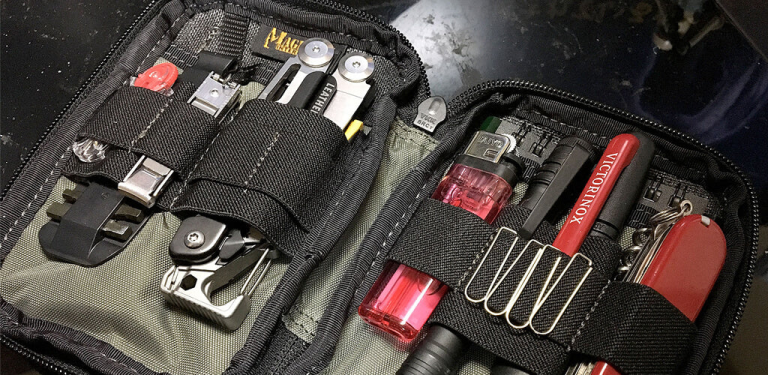On the other hand, relatively small camper trailers offer a trade-off: you’ll sacrifice some conveniences and storage, but you’ll achieve versatility and mobility.
Camping enthusiasts and families alike can enjoy many of the amenities and advantages of motorhome camping while taking up a small footprint and making camping simple. When you think of lightweight motorhome camping, the star of this particular space is the camper trailers under 3000 pounds. It’s easy to see why many individuals prefer these lightweight travel trailers.
Why do People use Compact Camper Trailers?
Over the last few years, lightweight composite material technology has progressed to the point that there are many more possibilities for ultralight camper trailers. There are different types of light camper trailers on the market now.
These compact camper trailers are ideal when you wish to upgrade from tent camping to trailer camping but need a trailer that you can haul behind your current vehicle. Base the trailer’s dimensions on the tow vehicle you’ll be driving to get the most out of your camping experience while keeping the trailer’s weight under what your automobile can manage.
Many ultralight or other compact camping trailers, on the other hand, will only take up the area of a large tent once positioned and set up. This means you can park the camper in a lot more places than you could with a large Motorhome.
The Advantages of a Compact Camper:
Furthermore, these compact campers offer significantly more shelter against bad weather compared to tent camping. It’s simple to understand why these compact trailer campers are the ideal answer for the vast majority of camping enthusiasts.
- You can Park and Camp Anywhere: Large Motorhomes usually necessitate driving carefully into a camping place, leveling the trailer, and securing the hefty camper with bracing legs and other hardware.
This article will shine a light on various aspects of a lightweight camper trailer.
- Ease of Towing: Many people who enjoy camping do not own the types of large automobiles that can tow bulkier camper trailers. The SUV or Pickup truck is the most common vehicle in the United States, with a 3.0-liter engine or less and a hauling capacity for trailers weighing under 3000 pounds.
- More Cost-Effective: Towing a smaller camper trailer costs less fuel than towing a larger one, but it also costs much less to cool or heat the smaller room if you use an AC or a heater unit.
There are numerous advantages to huge RVs that provide all of the comforts and amenities of home. On the other hand, the size can be a significant burden. Because of their size, these large campers are challenging to move, complex to put up and cause your tow vehicle to burn a lot of fuel.
Final Thoughts:
When most travelers opt for compact, lighter camper trailers, they seek particular benefits that these smaller trailers provide, such as the few stated below.
- Pop-Up Tent Trailers: These are compact tent trailers with the bulk of the living area enclosed within a folding tent structure set on top of a solid base.
- Fiberglass Egg Trailers: The lightweight molded fiberglass trailers are gradually becoming a very appealing choice as a compact camping trailer. They’re great in bad weather, but their molded shells don’t allow for additional space in the shape of extensions or slide-outs.
- Teardrop Trailers: Teardrop trailers are a tribute to the classic era of the 1930s. They’re constructed of fiberglass, aluminum, and various materials, but their biggest selling point is that they are probably the lightest camping trailers on the market.
Contact your local RV store for the best guidance when you’ve decided on the size of trailer you wish to purchase. Remember to ask about offers and discounts.
Selecting a Compact Campers Trailer:






